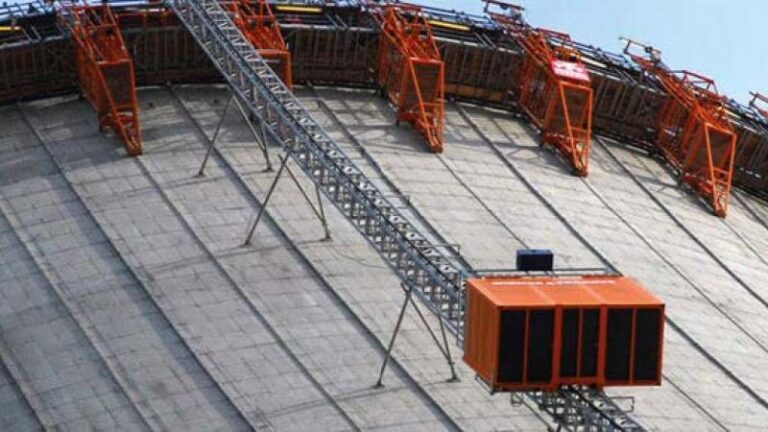Operating a hoist is an essential skill in industries like construction, warehousing, and manufacturing. With the right training, anyone can learn to safely and efficiently handle these powerful machines. This guide explains everything you need to know about hoist operator training, making it easy for anyone to understand.
What is a Hoist Operator?
A hoist operator is a professional responsible for using hoisting equipment to lift, move, and place heavy materials. These operators are crucial in industries where large or heavy loads must be transported safely and precisely.
Hoist operators must be skilled in handling equipment, understanding weight limits, and operating controls. Whether in construction sites, factories, or warehouses, hoist operators play a key role in maintaining workplace safety and productivity.
Why is Hoist Operator Training Important?
Hoist operator training is essential for ensuring safety, efficiency, and compliance with workplace regulations. Without proper training, the risks of accidents and equipment damage increase significantly. Here’s why it matters:
- Safety: Untrained operators may cause accidents that harm people or damage property. Training minimizes these risks by teaching safe operating procedures.
- Legal Compliance: Many states and industries require operators to complete certified training programs to comply with occupational safety laws.
- Efficiency: Skilled operators complete tasks faster and with greater precision, saving time and reducing workplace costs.
How to Become a Certified Hoist Operator
Becoming a certified hoist operator involves meeting requirements, completing training, and passing an exam. Let’s break it down step by step.

Meet Basic Requirements
Before enrolling in a training program, you must meet the basic qualifications. Typically, these include:
- Being at least 18 years old.
- Having a high school diploma or equivalent.
- Meeting physical requirements such as good vision, hearing, and coordination.
- Passing a drug test if required by the employer.
Complete a Training Program
Training programs are designed to teach you everything about operating hoists. These courses cover topics like equipment handling, safety procedures, and troubleshooting. You can find programs offered by trade schools, technical colleges, and industry associations.
Pass the Certification Exam
To obtain certification, you’ll need to pass a written and practical exam. The written portion tests your knowledge of safety standards and equipment operation, while the practical exam evaluates your skills in handling a hoist in real-world scenarios.
Obtain a License (if Required)
In some states, hoist operators must obtain a license in addition to certification. Licensing requirements vary by state but often include additional testing or endorsements. Check your local regulations to ensure compliance.
What Will You Learn in Training?
Hoist operator training covers a wide range of topics to prepare you for the job. Here are the main areas of focus:
- Equipment Handling: Learn how to operate different types of hoists, including manual, electric, and hydraulic models.
- Load Management: Understand how to calculate weight limits, balance loads, and prevent overloading.
- Regulations: Gain knowledge about OSHA (Occupational Safety and Health Administration) standards and other safety regulations.
Safety Procedures
Safety is a major component of hoist operator training. Here’s what you’ll learn:

Equipment Knowledge
Operators must understand the components of the hoist, such as hooks, cables, and control systems. Training ensures you know how to inspect equipment for wear and tear and perform routine maintenance.
Emergency Responses
What should you do if equipment malfunctions or a load becomes unstable? Training programs teach you how to respond quickly and effectively in emergencies, reducing the risk of accidents.
Where Can You Get Training?
Many organizations offer hoist operator training. These include:
- Trade Schools: Vocational schools provide comprehensive programs for aspiring operators.
- Employers: Some companies offer on-the-job training tailored to their specific equipment.
- Industry Associations: Groups like the National Commission for the Certification of Crane Operators (NCCCO) provide certified courses.
Staying Safe on the Job
Even after completing training, staying safe requires constant vigilance. Always follow safety guidelines, inspect equipment before use, and communicate effectively with your team. Wearing protective gear and adhering to workplace protocols can prevent accidents.
The Bottom Line
Hoist operator training is not just about earning a certification—it’s about building a career while prioritizing safety and efficiency. By understanding equipment, mastering safety protocols, and staying updated with industry standards, you can become a skilled hoist operator. Whether you’re new to the field or looking to improve your skills, investing in proper training is the key to success.


